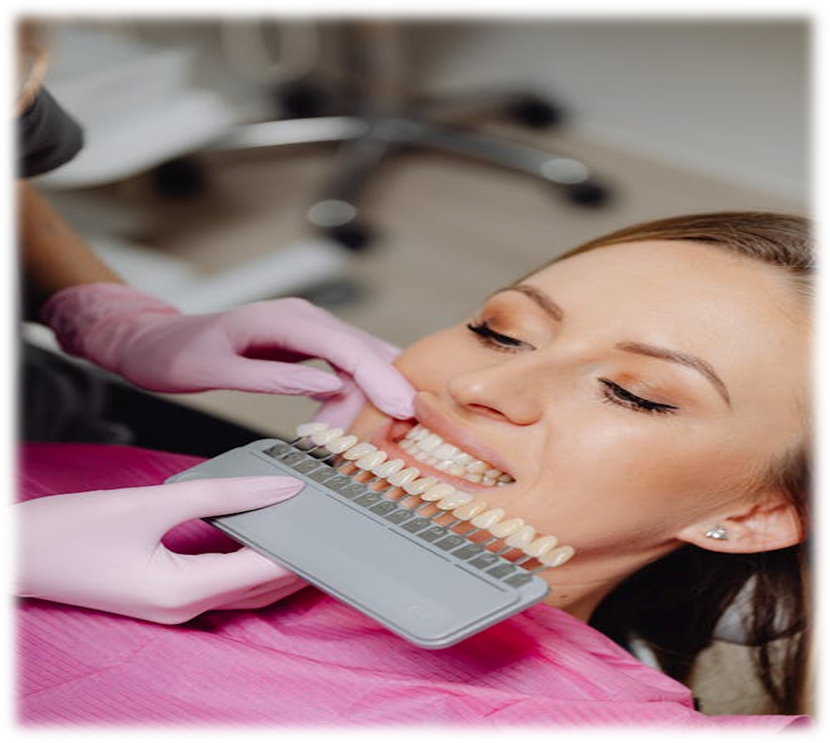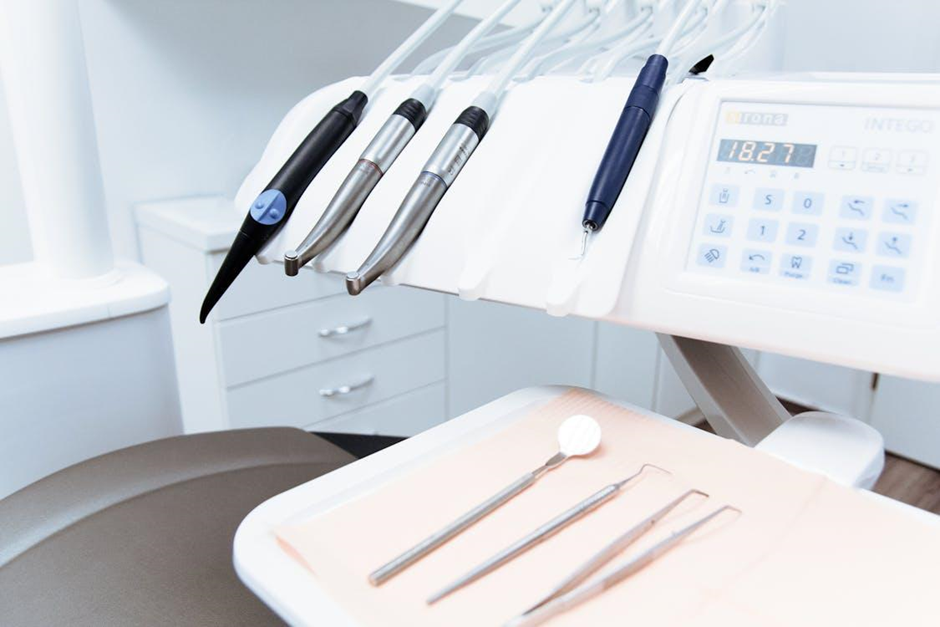Who Cannot Get Dental Implants?
Dental Implants
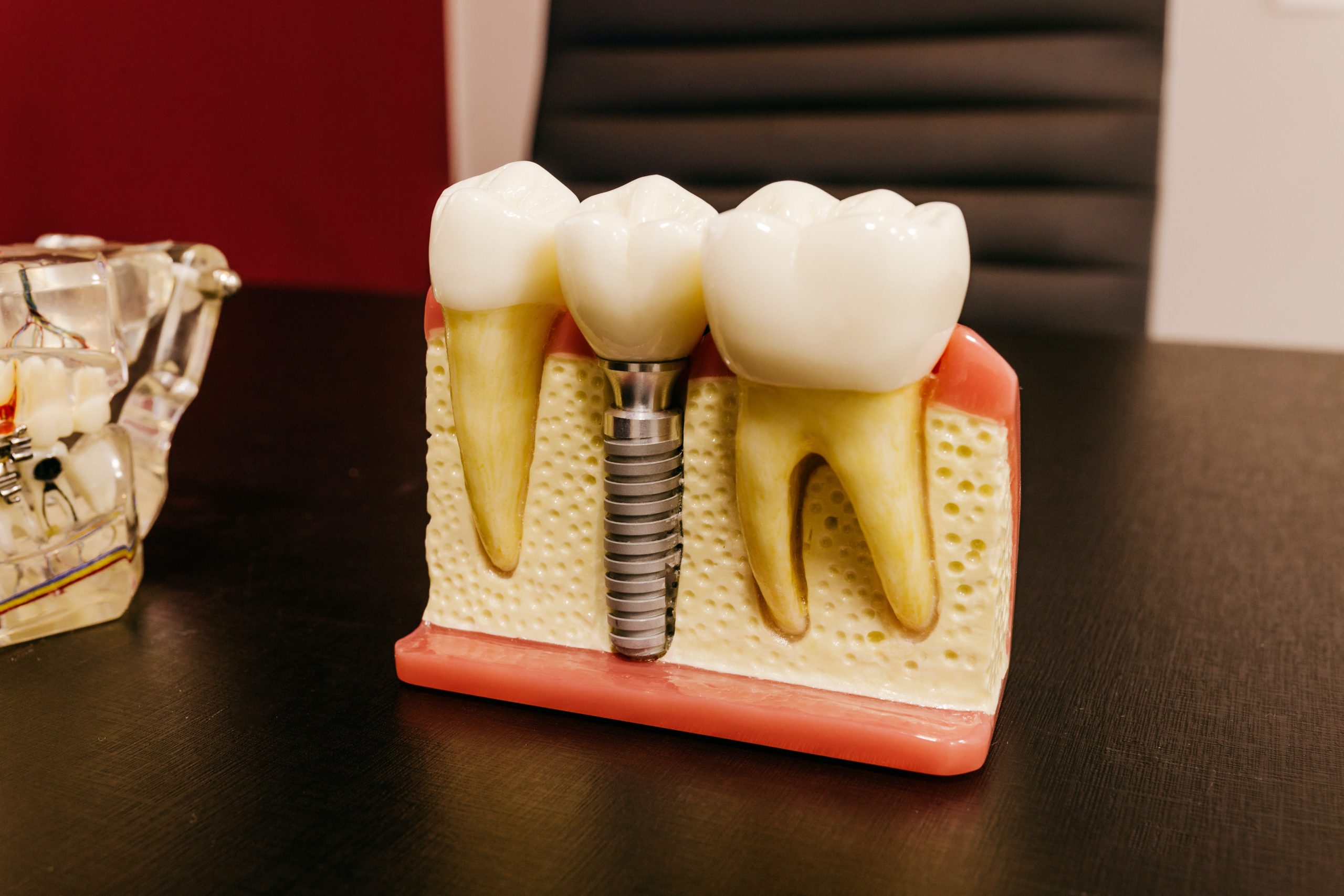
The most important step in dental implants is patient selection. No matter how great your dental implant is or the technique of placement is, if you do not choose your candidate wisely, then the implant is likely to fail.
To make sure you make the correct decision, consult with the best implantologist in Dubai at Dr. Paul’s Dental Clinic. Their team is highly skilled and can assist you every step of the way.
What Are Dental Implants?
Dental implants are a remarkable invention that can replace natural teeth. They have two main parts. The crown and the body of the implant. The crown portion is what is visible in the mouth, while the body of the implant is buried beneath the bone. It is impossible to tell just by looking inside the mouth which tooth is natural and which is implant treated unless an x-ray is done.
Implants are made with biocompatible materials and are essentially like screws that are inserted into the bone. They work by a process known as osseointegration, whereby the bone inside the jaw grows around the implant and embed it safely and securely within itself. This process takes about three months to complete. Once completed, the top part of the implant is ready to receive a crown and can be used as natural teeth for all its functions.
When Are They Indicated?
Implants are indicated where there have been missing teeth. Missing teeth may be caused congenitally or may occur later in life due to the following reasons:
- Trauma
- Failed root canal treatment
- A grossly decayed tooth that cannot be root canal treated
- Fractured tooth
- Edentulous arches requiring implant retained dentures
Advantages of Implants
Implants have the following advantages over other tooth replacement options such as bridges and dentures.
- They don’t compromise the integrity of adjacent teeth
- They behave the closest to natural teeth in function
- They can be done in a single sitting and don’t require root canal treatments of adjacent teeth
- Implant retained dentures have excellent retention
- Patients can brush and floss as they do their natural teeth
- They can delay the progression of bone loss
- They can maintain the structure of the face and prevent sagging
- They help stabilize adjacent teeth
When Are Dental Implants Contraindicated?
Dental implants are the future of dentistry and have seen many advancements. There are still certain conditions when dental implants may not be the best option:
Heavy Smokers
Smoking and tobacco products are not conducive to bone healing around the implant. Smoking reduces the oxygen-carrying capacity of the blood, delays bone healing, and can result in the failure of the implant. Since it takes up to 3-6 months for an implant to integrate itself into the bone, patients must be committed to the procedure and reduce or quit smoking altogether.
Patients with Uncontrolled Diabetes
Patients suffering from uncontrolled diabetes are not good candidates for dental implants. This is because their wound healing processes are impaired, due to which they are at greater risk of catching infections and their implant failing.
While placing implants in diabetic patients is not impossible, it is essential to monitor their sugar levels closely and bring them down to an acceptable level. They must commit to keeping their sugar level down; otherwise, the implant is at risk of failing.
Patients Undergoing Radiotherapy
Patients undergoing radiotherapy in the head and neck region are not good candidates for dental implants as there is a risk of osteoradionecrosis (ORN). Osteoradionecrosis is a complication that can occur in the head and neck region due to radiation therapy. It can cause bone death due to a decreased supply of blood and nutrients in the area.
Due to radiation, the blood supply is compromised, due to which that section of the bone can die. If implants are placed in this area, they are likely to fail due to limited blood supply.
Patients with Severe Periodontitis
Periodontitis is a generalized gingiva inflammation caused by neglectful and long-term poor oral hygiene. The symptoms of periodontitis are:
- Swollen gums
- Red and inflamed gums
- The scalloped appearance of the gums instead of knife-edge
- Gums are painful and bleed easily upon minor touch
- Teeth may be mobile
- Foul breath
- Bad taste in the mouth
Patients with periodontitis would require counseling and thorough scaling and root planning. In some cases, antibiotic therapy may also be required, antibacterial mouthwashes are prescribed, and once the disease is under control, the dentist may then evaluate and decide whether implant placement is possible.
Patients with Minimal Bone
Implants need sufficient bone thickness to be able to embed themselves successfully within it. Without sufficient bone, an implant is likely to fail. The following reasons can result in minimal bone:
- Missing a tooth for a long time can cause the underlying bone to decrease as there is no root holding it in place
- Bone diseases such as osteoporosis
- Osteoradionecrosis caused by radiotherapy
- Decreased bone due to age
Patients Suffering From Osteoporosis
If the patient has advanced stage osteoporosis, it would be quite difficult to place an implant as there is not enough bone to stabilize it. In this case, after a thorough assessment of the patient’s general health, it can be decided to place a bone graft and then a dental implant. Bone grafts would add more height and density to the bone allowing an implant to be placed within it easily.
The Final Word
Dental implants are the gold standard for replacing missing teeth and should be the first choice if the patient is an eligible candidate. To date, dental implants provide the best functional and speech efficiency and are used everywhere in the world.
While dental implants are excellent replacements for missing teeth, patient selection is equally important for the success of a dental implant. Therefore, it is important to visit highly skilled and trained dental professionals for the job.
Also Read : Explore the various options available for dental restoration in our blog on What Are the Different Types of Dental Implants ?.
Book an Appointment With Your Doctor NOW!
Ready for a brighter smile? Schedule your appointment with Dr. Paul’s Dental Clinic today and experience exceptional dental care.
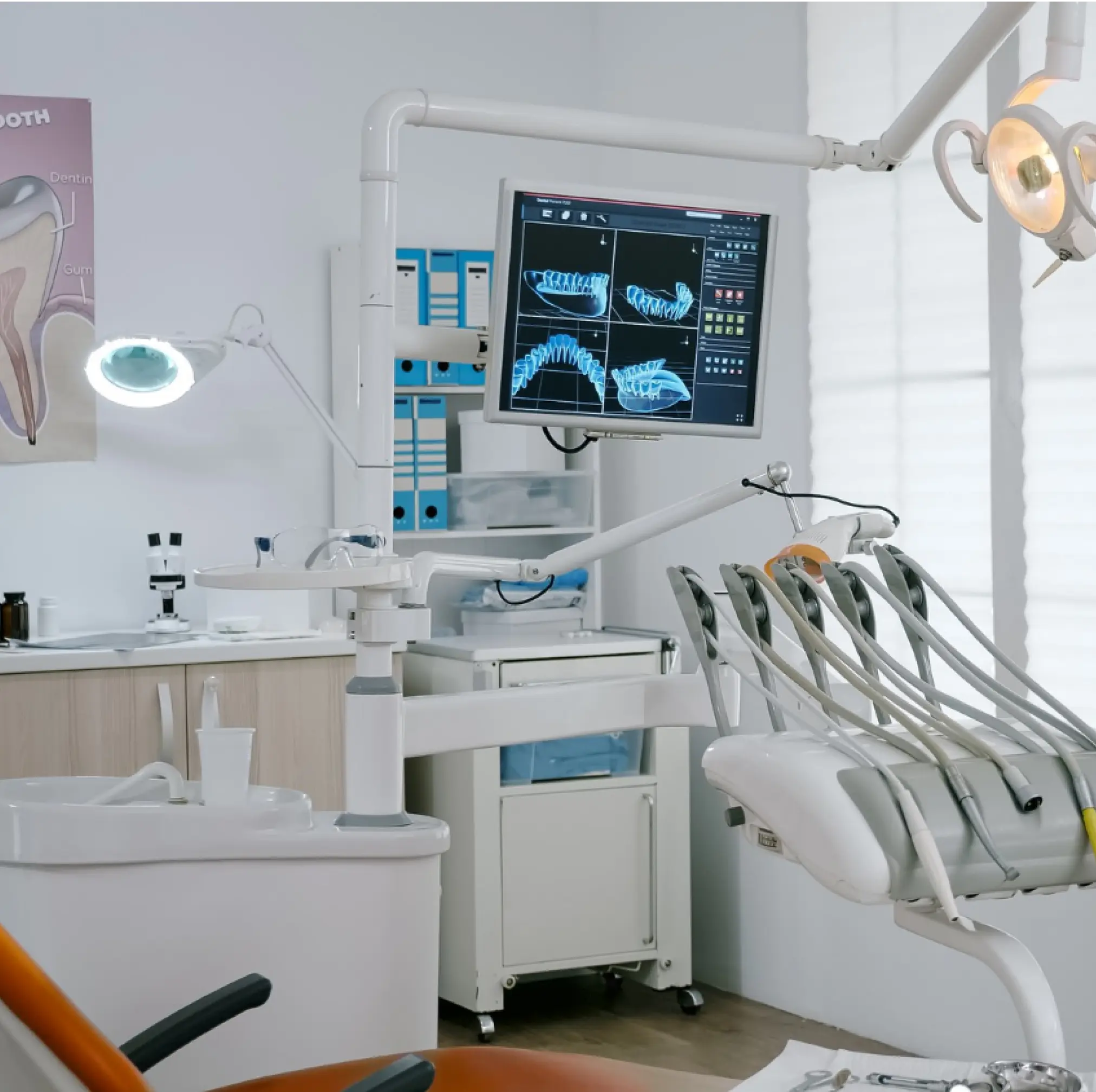
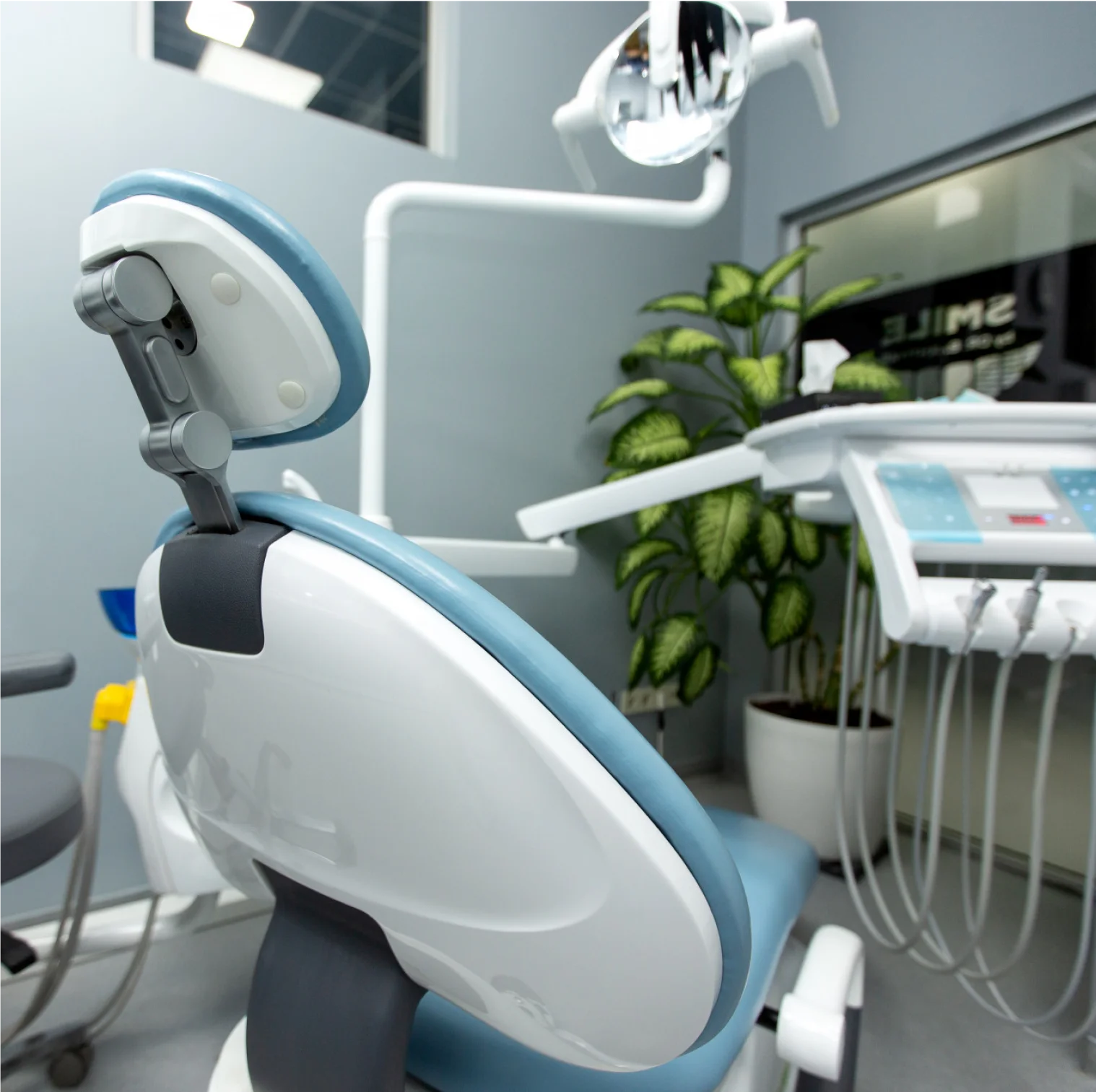

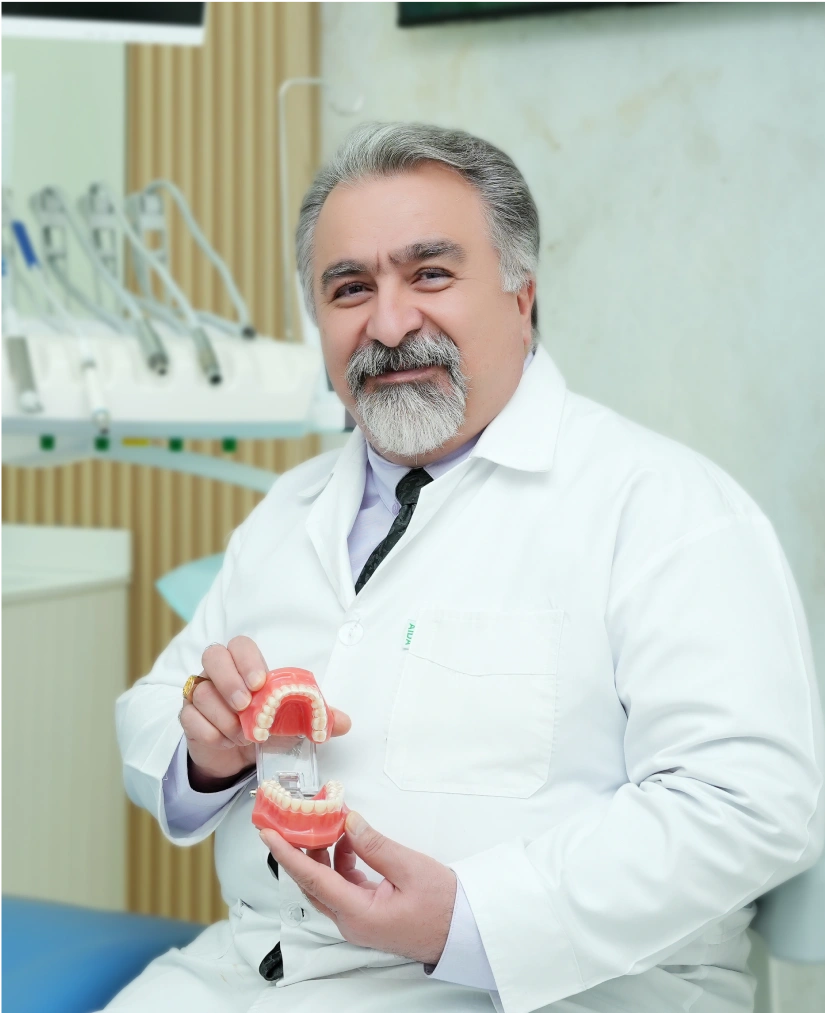 Dr. Babak Babaei
Dr. Babak Babaei 
